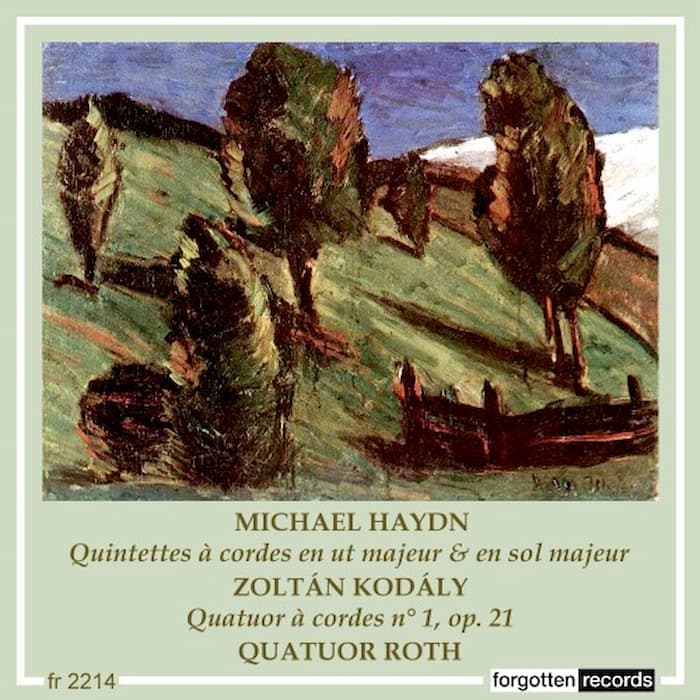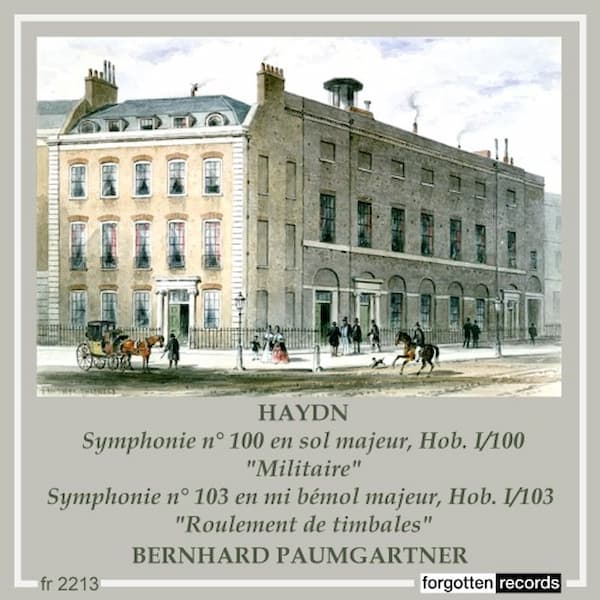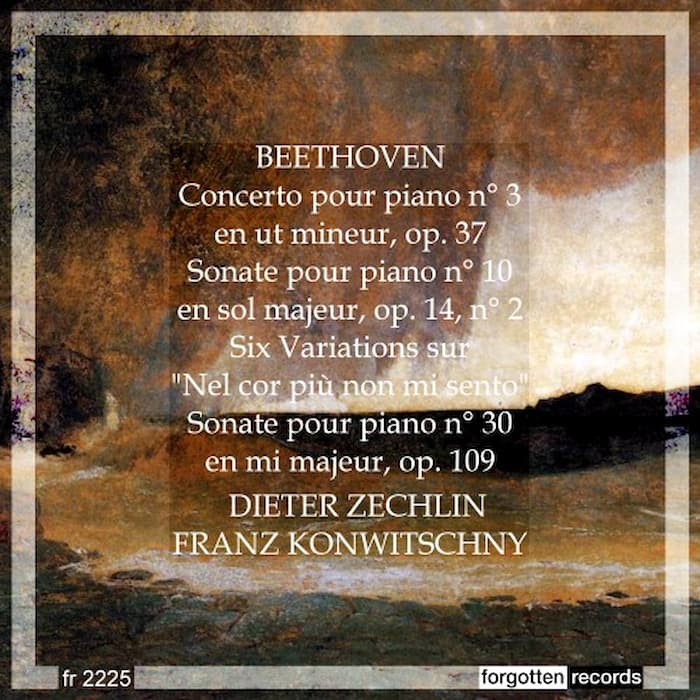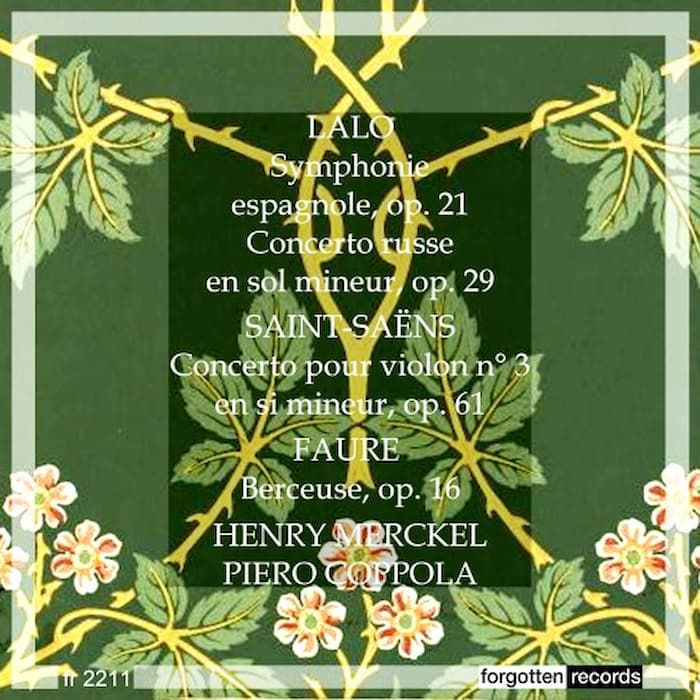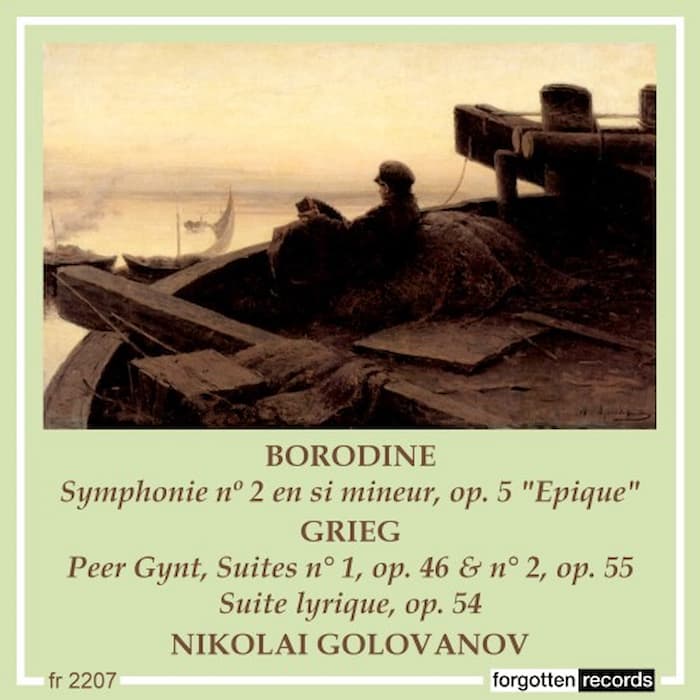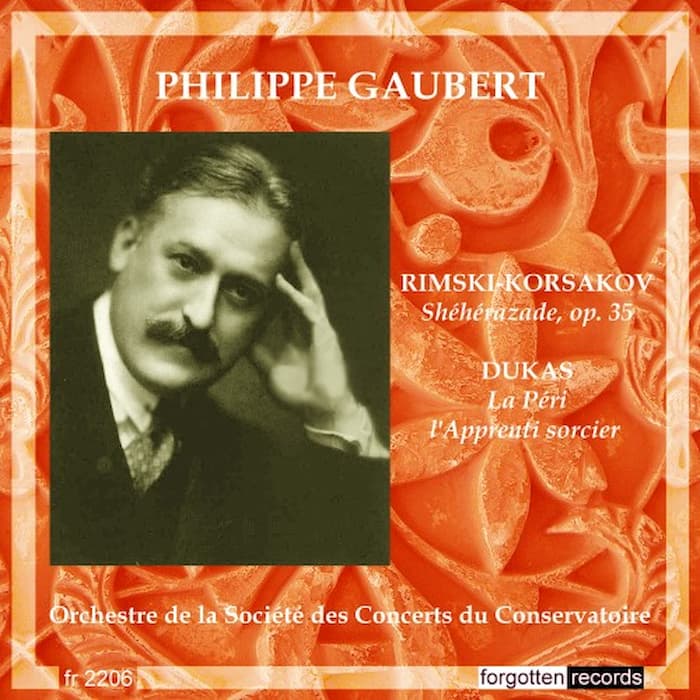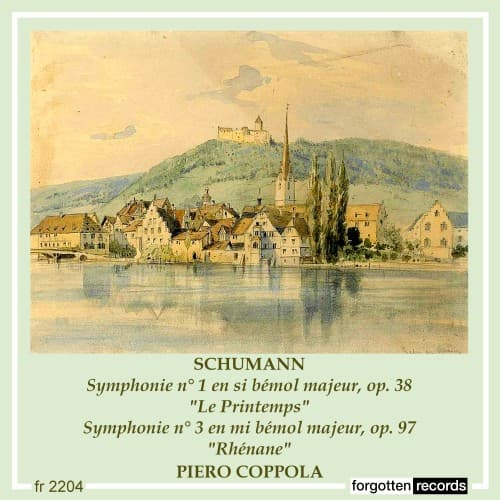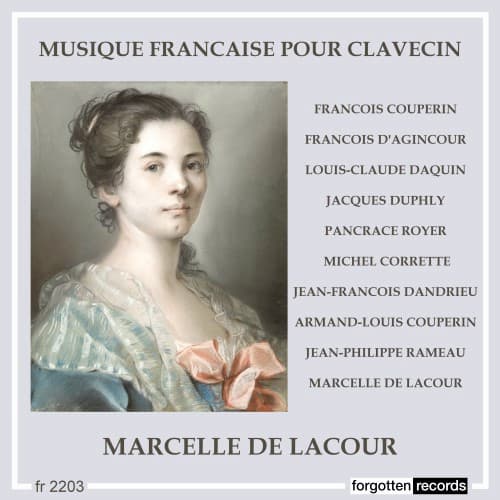Michael Haydn (1737–1806), the younger brother of Joseph Haydn (1732–1809), also had a career in music, smoothed by his older brother’s success in Vienna. Like Joseph, he started his career in the choir of St Stephen’s Cathedral, Vienna, at age
Forgotten records
Joseph Haydn (1732–1809), largely released from duties with the Esterhazy family after the death of Prince Nikolaus in 1790, was free to make his second visit to London in 1794. He had been commissioned by Johann Peter Salomon to write
The Italian composer Giovanni Paisiello (1740–1816) was the most popular opera composer at the end of the 18th century. Based in Naples, his operas caught the attention of all of Italy and, in addition to Naples, he wrote operas for
A berceuse is a piece to put you to sleep – particularly if you’re a small child in a cradle. It’s usually in triple meter with a very simple tonality – wild and chromatic is just out of the question
Edvard Grieg (1843 – 1907) invented the idea of Lyric Pieces, but it’s really part of a long list of character pieces for the piano. With the rise of the home piano, there was an immediate market for music for
When we imagine the stories from A Thousand and One Nights, we think of Aladdin, Ali Baba, and the 40 Thieves, which were added by the French translator Antoine Galland in the 18th century, or even Sheherazade herself, the story
Robert Schumann (1810–1856), like Brahms after him, had to confront the symphonic legacy left to the world by Beethoven. Schumann was very much the composer of the Romantic where ‘music should be, above all else, a means of expressing intense
François Couperin (1668–1733) was a French composer, organist, and harpsichordist from a distinguished musical family. His father, Charles, was an organist, as was his uncle Louis; both had served at the Church of Saint-Gervais in Paris. In addition to being

